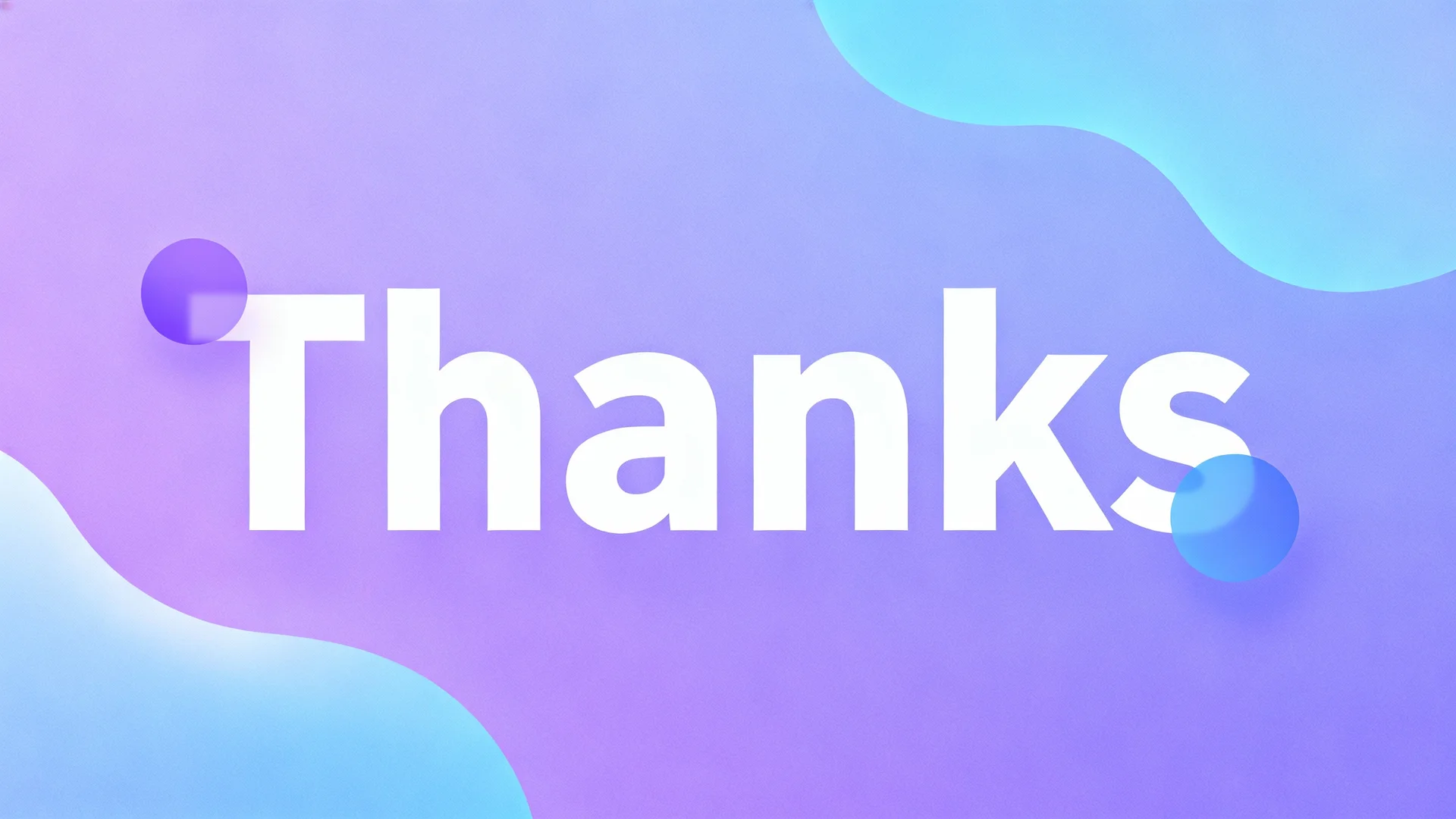
Loading...
Checking authentication...
Practice your pronunciation with interactive games and challenges.
Start PlayingImagine living in a society where the penalty for stealing a loaf of bread was the same as for committing a heinous crime. Such was life in ancient Athens under the infamous Draconian laws. But what do we really mean when we describe something as "Draconian" today? The word has come a long way from its origins, and its journey is both fascinating and enlightening.
The term 'Draconian' traces its roots to Draco, the first recorded legislator of Athens in the 7th century BC. His laws were notorious for their harshness. In fact, they were so severe that they were said to be written in blood, not ink. While it might sound like an ancient tale, Draco's influence is still felt today whenever we use the word 'Draconian' to describe something excessively harsh or severe.
Draco's laws were a response to the chaotic justice system of the time, where the aristocracy often manipulated laws to benefit themselves. His legal code was meant to bring order and equality but ended up being remembered for its severity. This historical context offers us a glimpse into why the term 'Draconian' carries such a weighty connotation.
Over centuries, the word 'Draconian' has evolved beyond its initial legal origins. It now applies to any action, policy, or measure perceived as excessively harsh. Whether it’s a government policy, a company rule, or even a parent's disciplinary action, labeling it as 'Draconian' implies a critique of its severity.
Language enthusiasts might find it intriguing how words like 'Draconian' can maintain their core essence while adapting to different contexts. This adaptability speaks to the richness and fluidity of the English language, constantly evolving to meet the expressive needs of its speakers.
In the realm of politics, 'Draconian' is often used to describe laws or regulations that are perceived as overly strict. For example, some privacy laws are criticized as Draconian because they impose severe restrictions on data usage. This label suggests a need for balance between regulation and individual freedoms.
Experts argue that using 'Draconian' in political discourse can be a powerful rhetorical tool. It evokes strong emotional reactions and encourages debate about the appropriateness and fairness of certain measures. But it also raises the question: Are these measures truly Draconian, or are they necessary for greater good?
In corporate settings, 'Draconian' policies might refer to stringent rules that limit employee freedoms. Imagine a company that monitors every keystroke of its employees. Such a policy might be labeled as Draconian due to its invasive nature. While some argue that strict policies ensure productivity and security, others see them as stifling and counterproductive.
This debate is crucial in today's work culture, where employees seek a balance between personal freedom and professional responsibility. Are Draconian measures ever justified in the workplace, or do they signal a lack of trust and flexibility?
'Draconian' can also apply to cultural norms or social expectations that seem overly rigid. Consider societal pressures that dictate certain behaviors, such as the expectation to conform to traditional gender roles. Labeling these expectations as Draconian suggests a desire for more progressive and inclusive practices.
Cultural shifts often challenge these Draconian norms, prompting discussions about the evolution of society and the role of tradition. It's a fascinating interplay between language, culture, and societal change.
Renowned linguist Dr. Jane Smith explains, "The term 'Draconian' serves as a linguistic shorthand that communicates not just severity, but also a critique of fairness. It’s a word loaded with historical baggage, which makes it a potent tool in discourse."
Research in sociolinguistics shows that words like 'Draconian' are often used strategically in discussions to sway opinions and drive home a point. The emotional weight they carry can amplify arguments and encourage critical thinking.
"Language is not just a tool for communication; it's a mirror reflecting societal values and power dynamics." - Dr. Jane Smith
The word 'Draconian' is a testament to the dynamic nature of language and its power to convey complex ideas succinctly. From ancient Athens to modern boardrooms, its journey is a fascinating one. The next time you hear or use the term, consider not just its meaning, but the history and implications it carries. After all, language is not just about words-it's about the stories they tell and the worlds they open.
For those eager to master the pronunciation of this historically rich word, feel free to explore our pronunciation guide or watch our detailed video guide.